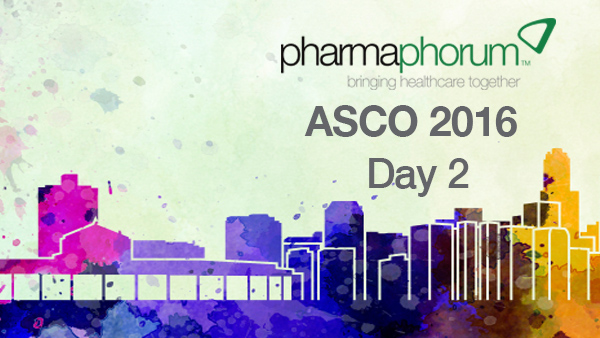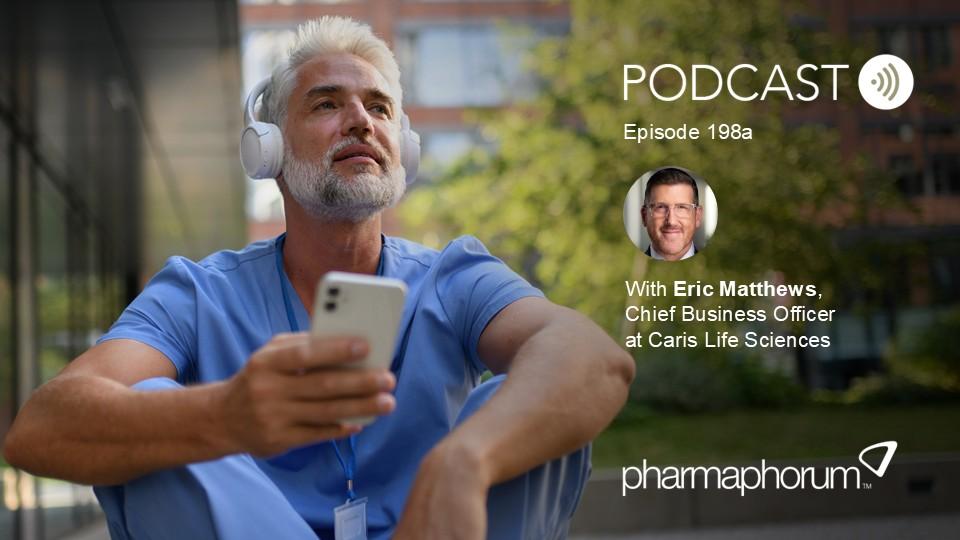Eye on ASCO Day 2 - Precision medicine takes centre stage

So day two of the American Society of Clinical Oncology meeting is done and several miles have been stomped through McCormick Place (heels are not a good option here, I have been told).
The morning kicked off with data from one of the largest cancer genomics studies ever conducted, which found that a blood test (or liquid biopsy) produced similar results to traditional tissue tumour biopsies. Blood samples from more than 15,000 patients and 50 tumour types using a test developed by a company called Guardant mirrored the results from tissue biopsy, especially in abnormalities in the likes of EGFR, BRAF, KRAS and ALK mutations.
Presenting the data, Philip Mack from the University of California said liquid biopsy can be a “highly-informative, minimally-invasive alternative”, especially when a tissue biopsy cannot be obtained safely. However, while it could provide “an unparalleled opportunity to monitor changes in the cancer as it evolves over time”, it is unlikely to replace tissue biopsy as standard of care any time soon - with Richard Schilsky, ASCO chief medical officer, noting that clinical utility has yet to be demonstrated.
Precision medicine took centre-stage at ASCO, notably with a study that looked at how five targeted therapies from Roche - Herceptin (trastuzumab) and Perjeta (pertuzumab) for HER2-positive breast cancer, Zelboraf (vemurafenib) for BRAF mutation melanoma, Everidge (vismodegib) for Hedgehog pathway mutations in basal cell carcinoma and the EGFR lung cancer drug Tarceva (erlotinib) - could be used for different indications than those that the treatments are presently licensed for.
Some of the drugs did indeed work in other disease areas - most notably, in patients with HER2 abnormalities. However, whether we are close to saying that the mutation, rather than the site of the tumour, will characterise a disease, is still some way off.
Among the piles of data presented on Saturday, it was unsurprisingly an immunotherapy - Bristol-Myers Squibb’s Opdivo (nivolumab), which has already achieved blockbuster status - that caught the eye. Results from an updated Phase Ib study showed that a combination of Opdivo and B-MS’ Yervoy (ipilimumab) for first-line advanced non-small cell lung cancer resulted in significantly improved antitumour activity when compared with either agent alone (20% versus 10%). The US Food and Drug Administration recently approved the Opdivo/Yervoy combo for advanced melanoma.
The day ended with big news for the other hot area in immunotherapy - chimeric antigen receptor T-cell (CAR-T) therapies. Juno Therapeutics presented data from a Phase I study of adults with acute lymphoblastic leukaemia that showed a complete response in 77% of patients (23 out of 30) infused with the firm’s CAR-T medicine JCAR015. For those patients with minimal disease, 90%(18/20) achieved remission.
Sunday is a big day at ASCO and there will much more on immunotherapies. However, taking centre-stage will be the plenary session which features studies deemed to have the highest scientific merit and greatest potential impact on patient care. Here’s hoping.
Kevin Grogan is on site at ASCO and reporting each day for pharmaphorum – to view our full coverage generated throughout the conference click here.












